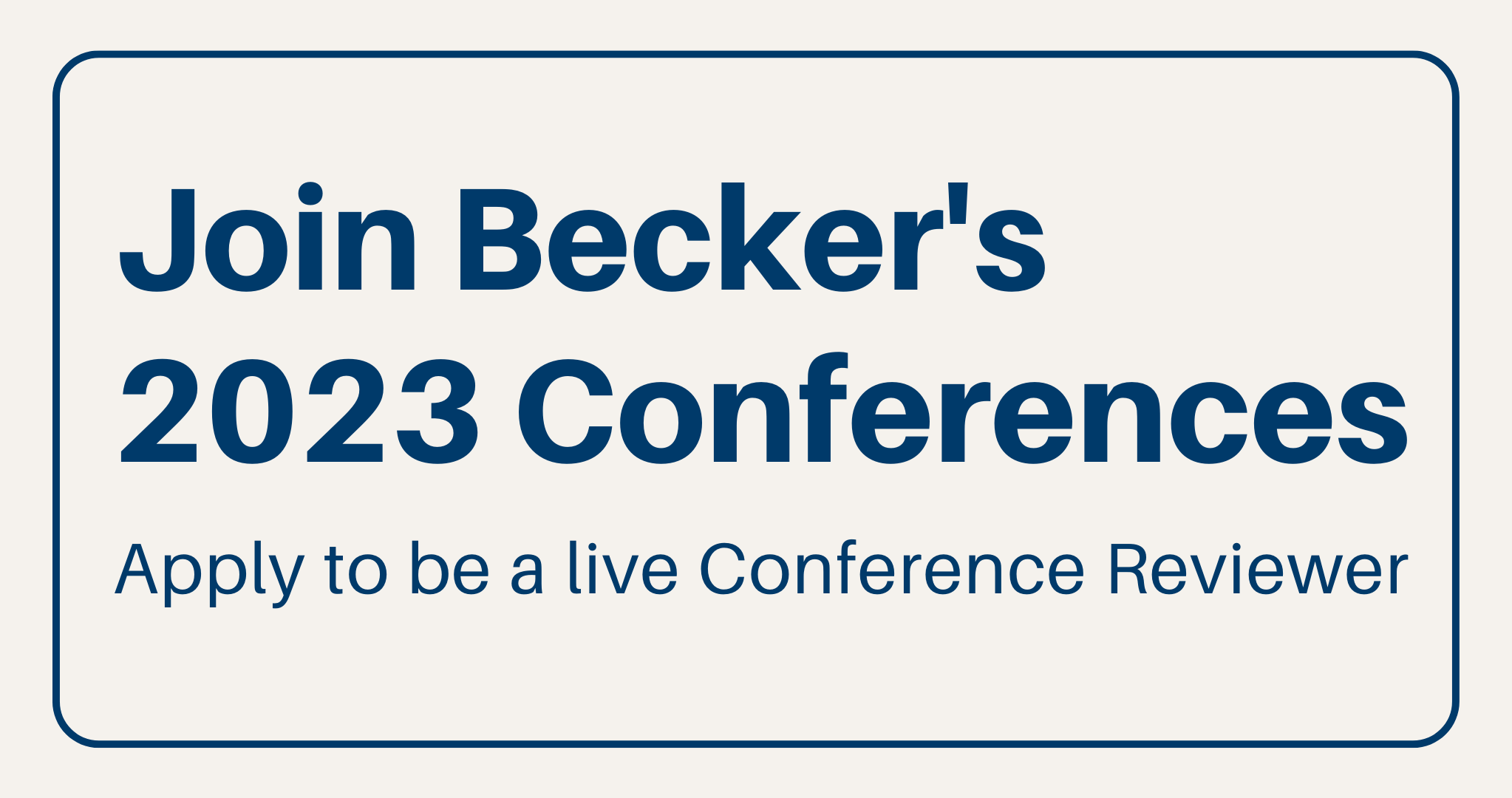Amid the demands of today's healthcare environment, physicians at times must choose between prioritizing work or home responsibilities. And physicians who are women, single, age 35 years or older, and who work more hours and nights on call per week, have a particularly harder time with integration of these worlds, according to astudypublished May 27 inJAMA Network Open.
The study examined survey data of 4,370 U.S. physicians. Surveys were administered October 2017 to March 2018, and data analysis occurred from November 2019 to July 2020.
For the study, researchers assessed work-life integration scores of participants based on an eight-item scale. They said participants were asked about their sleeping and eating patterns during the last week, as well as how often work forced them to change personal/family plans and how often they felt frustrated by technology.
Researchers found that women reported lower mean work-life integration scores than men overall (52 vs. 57). They also found that being age 35 to 44; working 50 to 59 hours per week vs. less than 40 hours per week; and working more call nights per week were factors associated with lower work-life integration, independent of other personal and professional circumstances. Across specialties, emergency medicine and urology physicians had the lowest scores overall, according to the study.
p的工作生活一体化”是一个重要的方面hysician well-being, but physicians have differing experiences of WLI by gender, age, relationship status, specialty and work hours," the study's authors concluded. "Women physicians consistently report lower WLI across a range of ages, children's ages and work hours. This study's findings suggest that systemic change is needed to enable physicians to achieve appropriate integration of work life and home responsibilities."
Read more about the studyhere.


